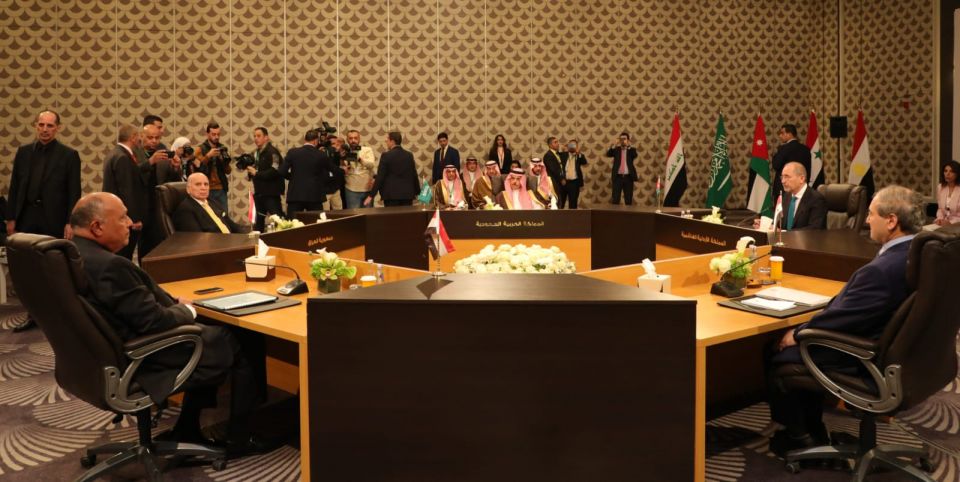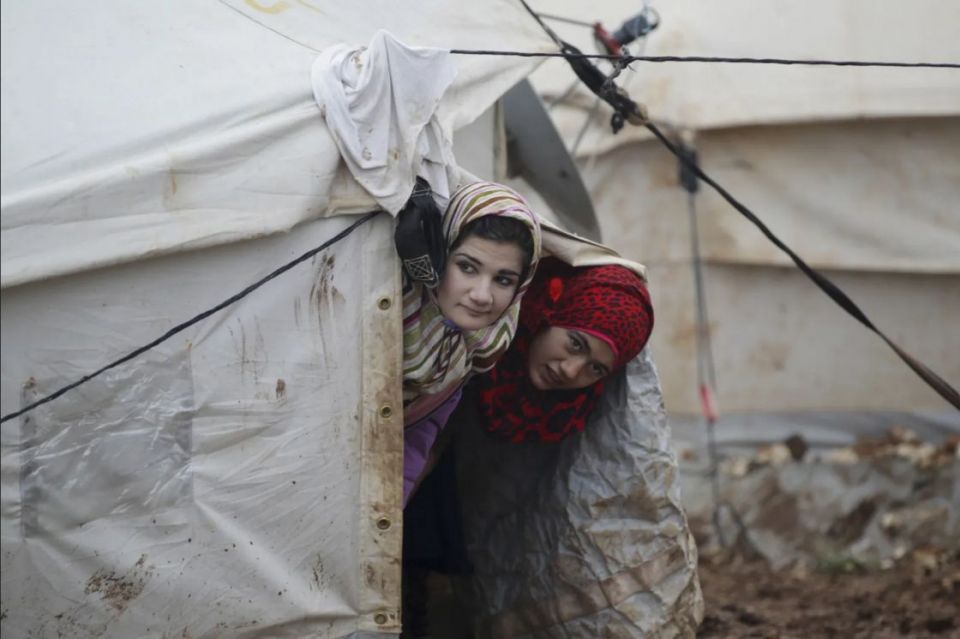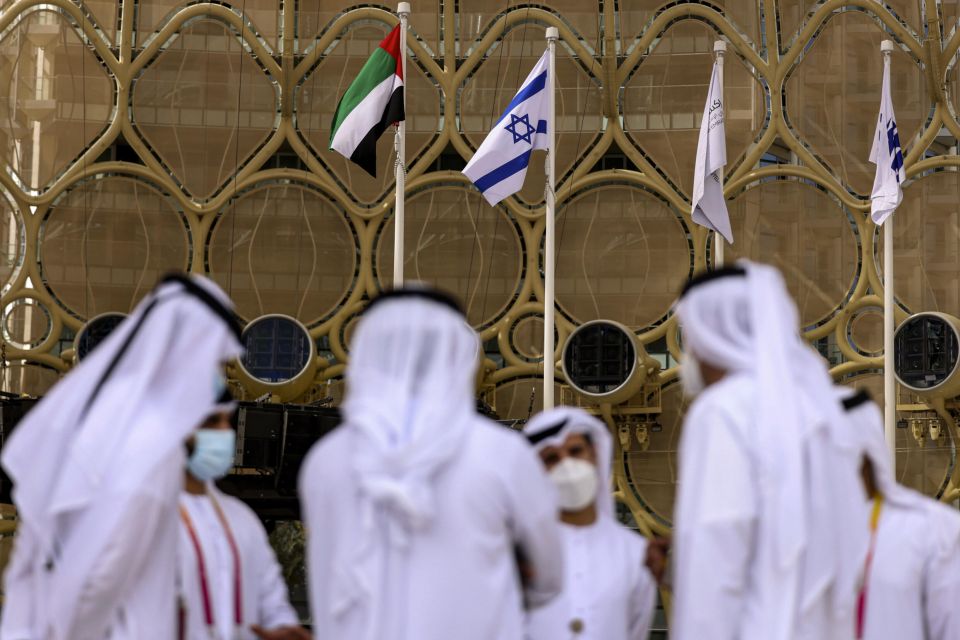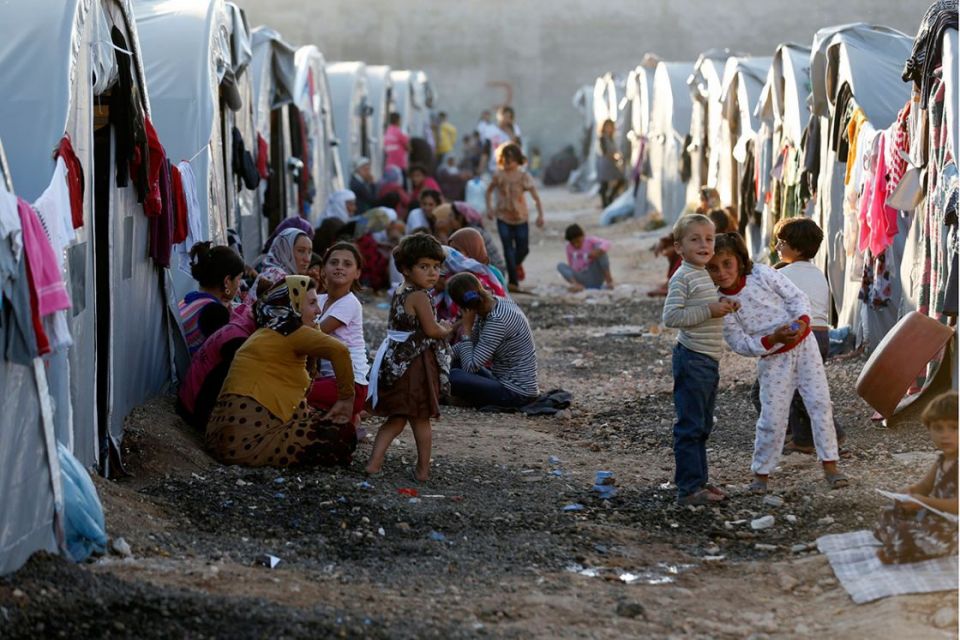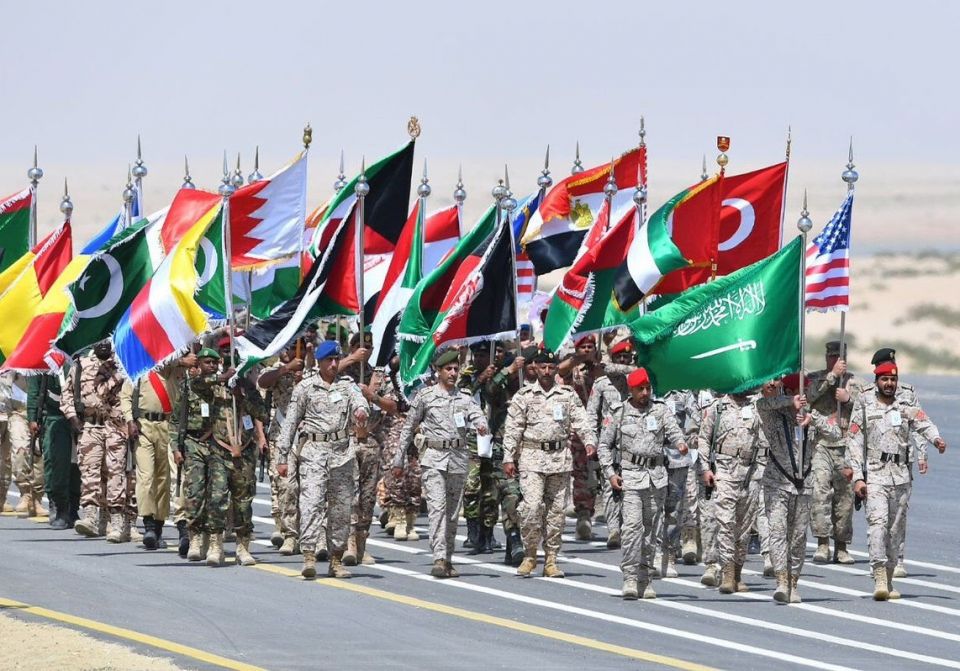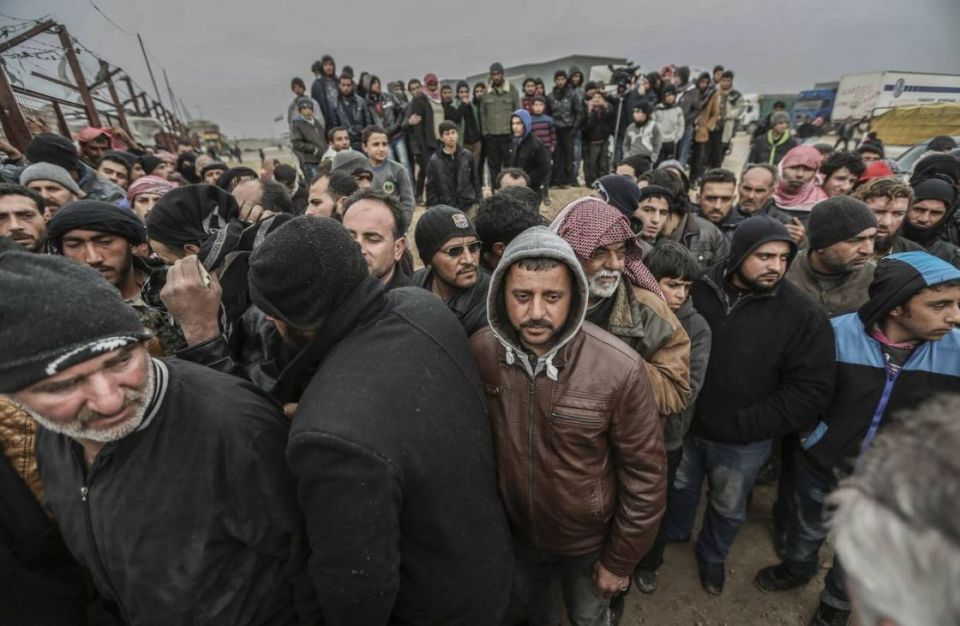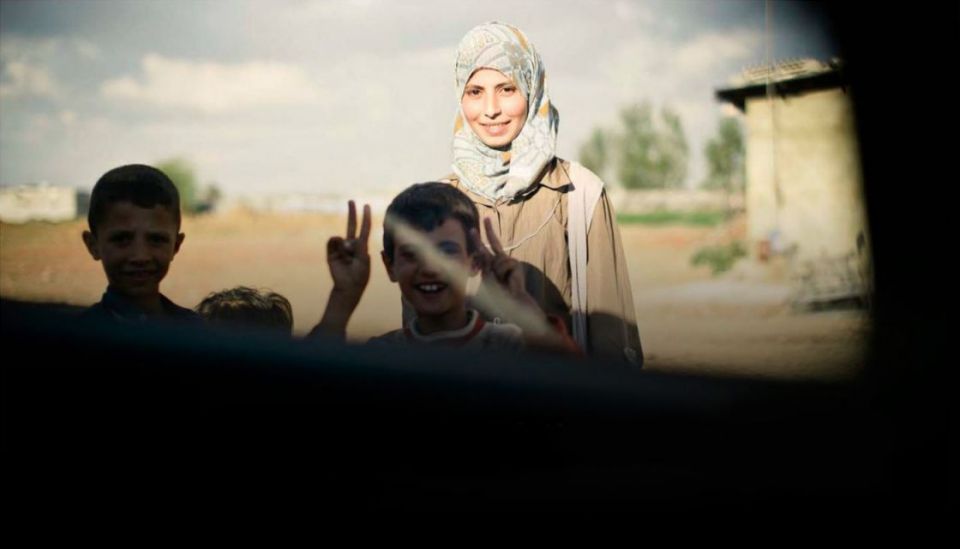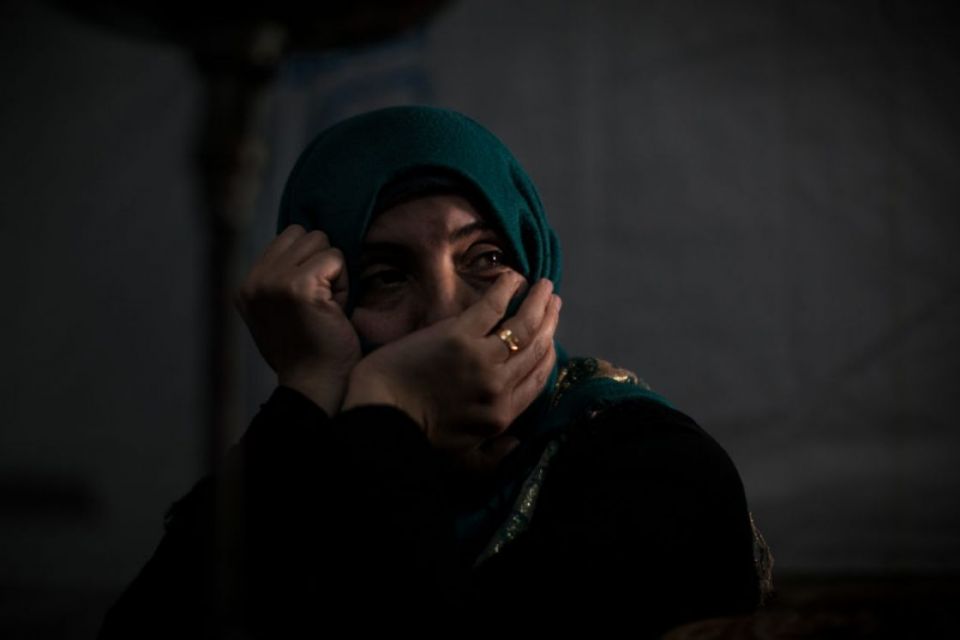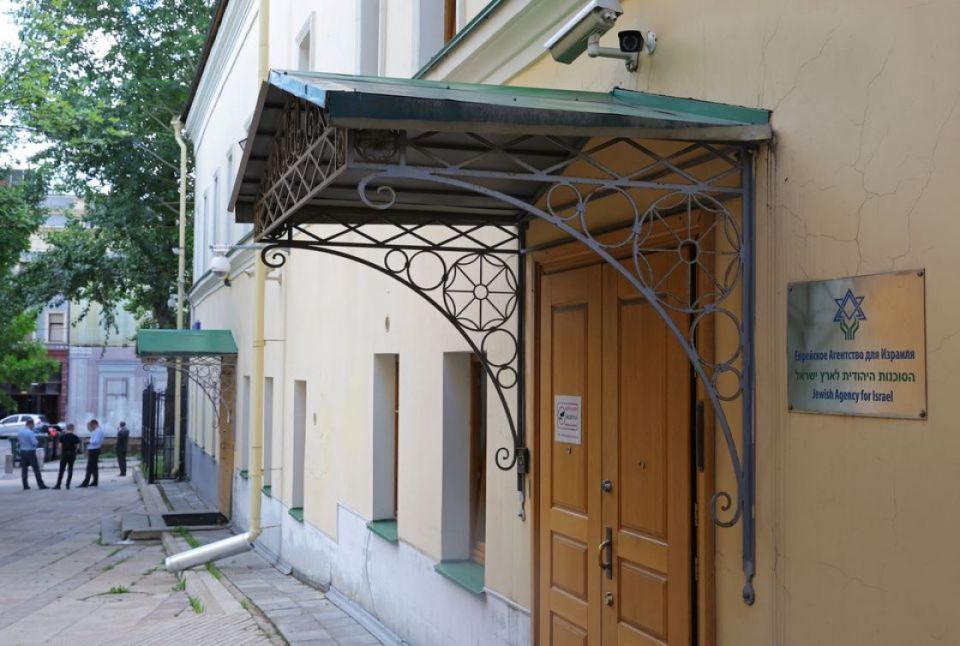
Kassioun Research Unit
email This email address is being protected from spambots. You need JavaScript enabled to view it.
Anyone following the Jordanian activity related to the Syrian crisis will notice that Jordanian officials are always keen to point out that their activity is carried out in coordination with the West, primarily with Washington and London.
The intense work carried out by the Astana tripartite to reach a Syrian-Turkish settlement has entered the phase of high activity since the end of last year. As is known and stated, many security meetings took place between Syria and Turkey in Moscow over the past year, and even before that. However, the first meeting with a clear political dimension was that of the defense ministers of Syria, Turkey, and Russia in Moscow, on Wednesday, December 28, 2022.
On April 6, “Annahar Alarabi” newspaper published an article entitled: “The UAE and Syria... a relationship that may redraw the future of the region”, written by Hasan Ismaik, who, based on a search, is not a journalist but a Jordanian billionaire residing in the UAE. Ismaik began writing (or signing articles with his name) only after the “Abraham Accords”. While he had previously worked in secret, all the articles on which he put his name were on the same topic, which is shamelessly promoting and defending normalization with the Zionist entity.
Before talking about the new sanctions law and its objectives, it is worth recalling that American sponsorship of the drug trade in South America, Afghanistan, and other parts of the world is proven not only by political facts, but also by the confessions of American officials. Perhaps the most prominent of these is the role of the CIA in the drug trade in Colombia, and financing itself and its dirty operations from that trade. Likewise, under the American occupation in particular, Afghanistan went from producing 5-10% of the global opium to producing 90% of it.
Over the last few months, talk of a Syrian-Turkish reconciliation or a settlement of relations between the two countries occupied a great deal of space in the media and politically. Kassioun has covered in a number of articles and editorials different aspects of this subject. In this article, we look extensively at the most prominent points raised by Kassioun about the dimensions of any Syrian-Turkish reconciliation. We will also ponder its potential implications and the role it could play within the framework of the general solution to the Syrian file with its various dimensions, and in relation to the full implementation of UNSC Resolution 2254.
The Arab region and the Middle East have always been arenas for Western projects, especially American-British-Zionist. Perhaps the most important of them is the “Greater Middle East Project” expressed by Shimon Peres in his book, which is not disconnected from what we will discuss in this article (we will devote a later article to comparison between the theoretical presentation in the Peres project and the practical applications that we are witnessing).
The year 2019 witnessed an important turning point in the Syrian crisis track. By the end of that particular year, almost three years had passed since the Astana process started, which had achieved, in principle, a comprehensive ceasefire.
Although the discussion of the two terms of centralization and decentralization in the new Syria has taken a back seat a little, and is no longer as hot of a topic as it was years ago (and perhaps this is better so discussions move in more objective and sustainable directions), the topic in its essence is still hot and important. One could even say that the time for serious preparations to discuss it and reach understandings about it is dwindling, given the amount and speed of the ongoing changes.
The following report is divided into two parts: the first is a look at how “Israeli” and Western media has over the past few days dealt with the decision to stop the work of the “Jewish Agency” in Russia, and the second includes an attempt to present an explanatory approach to the issue, on the basis of the international and regional context in which it is taking place.



